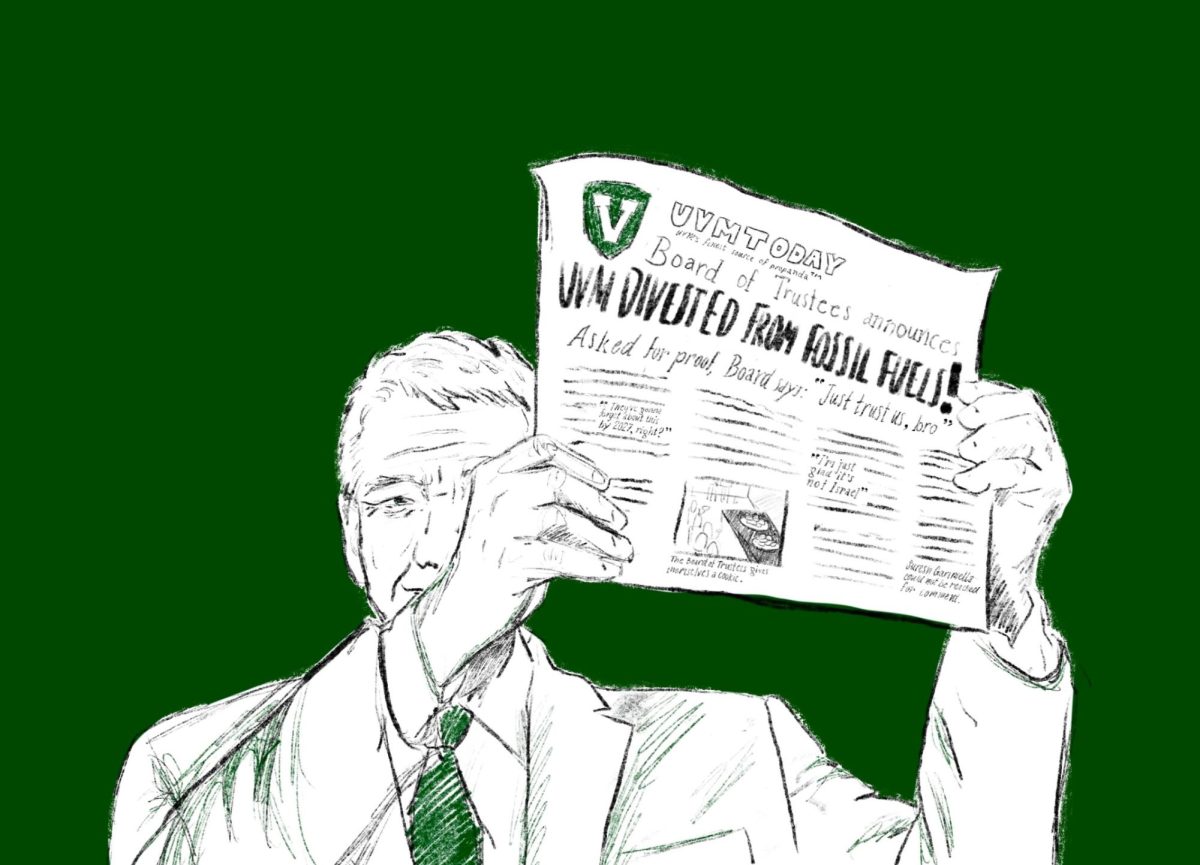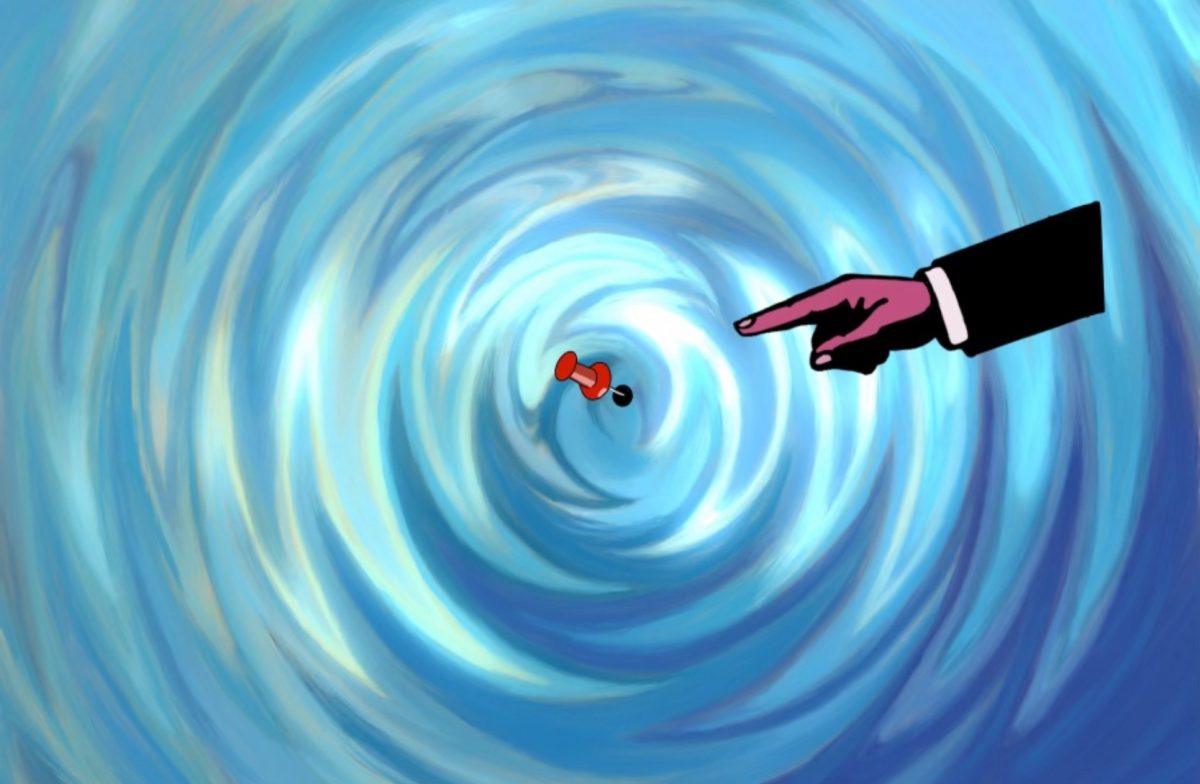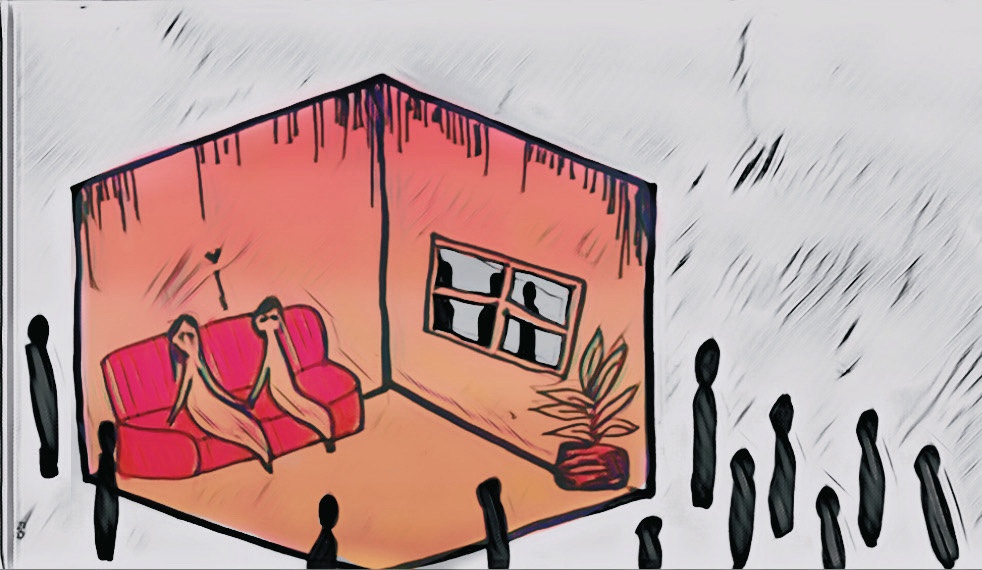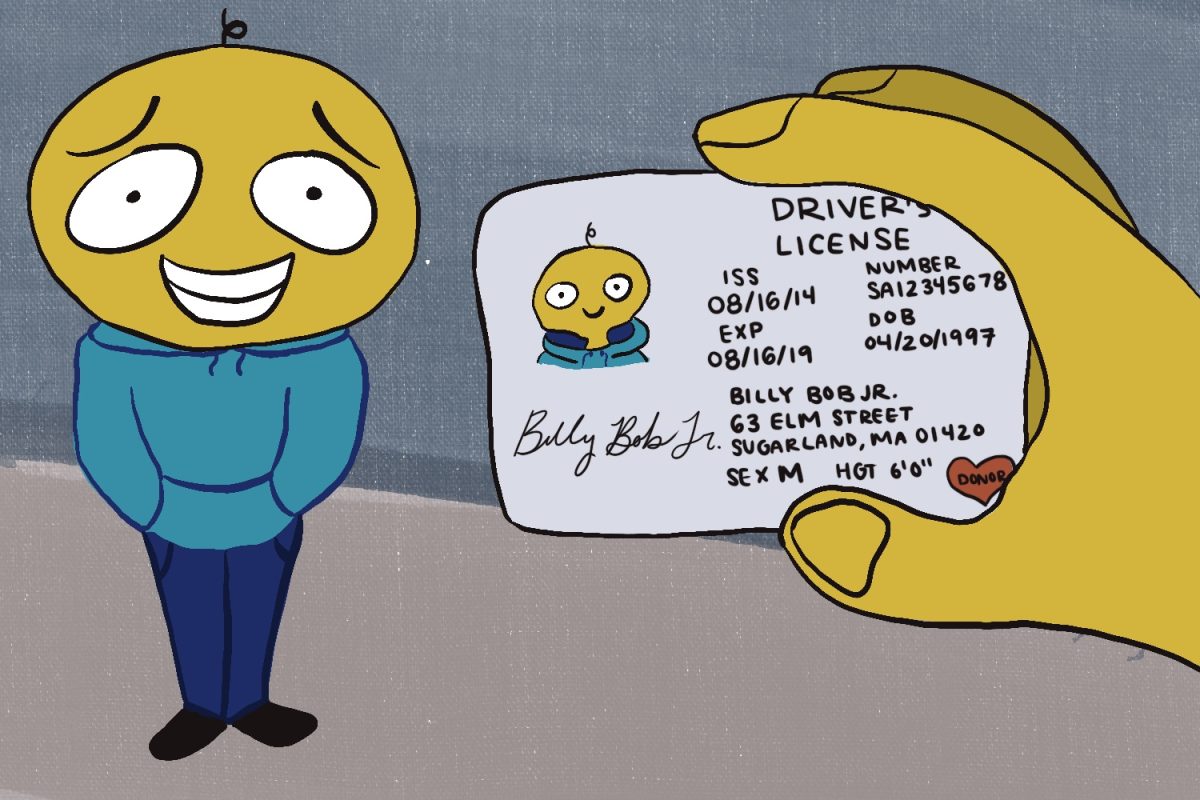Three hundred and forty-eight Waterman Building, President Fogel’s office, is a room where important decisions about the present and future of our university are made. It is a cozy space, with a crescent of armchairs around a fireplace and floor-to-ceiling bookshelves filled with a collection any English major would drool over. Dressed in a crisp navy blue suit, President Fogel was chipper and welcoming. Here’s what he had to say:
The Vermont Cynic: What’s your favorite place to eat on campus?
President Fogel: Well, uh, I like the Marche quite a bit. I’ve been over in the Cook Commons and I’ve eaten there a few times, it’s okay. Waterman Manor is quite fine, you know I rarely have time to go out to lunch on campus, I usually eat at my desk. Sometimes they bring me stuff from Waterman Manor, sometimes I go down and get it from the Caf?©.
VC: What do you do when you have free time on a Friday night?
PF: Usually my wife and I go out and have a bite to eat together, and then we might go to a movie. We love to go to the Roxy and see what’s on down there. We’ve recently seen Syriana and Walk the Line and Munich. And when I really have free time, and even when I don’t, I play guitar a lot. I played guitar for an hour this morning, I got up at 4, played guitar for an hour, worked out for 90 minutes, and came in for my first meeting. (laughs) I didn’t do that when I was y’all’s age. (laughs) I played guitar, but I didn’t get up that early.
VC: What’s your favorite film?
PF: Shoot the Piano Player, Fran?¤ois Truffaut’s tribute to the great American gangster film.
VC: I heard you like The Beatles, what’s your favorite song or album?
PF: I don’t know, there are so many good songs and my taste in music is fairly eclectic. This morning, I was playing a lot of songs. The one that I’ve just been working out a nice guitar riff on is the song “I Will.” But I was also playing Hank Williams, working through all 84 singles that Hank Williams recorded between 1947 and his death. I was doing some by The Band – “Up On Cripple Creek.”
VC: In less than 50 words, how would you describe yourself to someone who has never met you?
PF: As a person who is very ebullient, optimistic, who aspires to be very creative and is fairly driven, but I hope not with a hard edge. Sometimes there aren’t enough hours in the day to do everything I want to do and I often multitask.
VC: How do you think that students view you?
PF: I don’t know, I mean it’s very hard to know. Some people try to get a glimpse of you as a real person and some people simply see you in your function and your role. So, it’s very hard when you’re in apposition like mine to really know what anybody thinks of you because they don’t treat you as a friend.
VC: Then, how would you like them to view you?
PF: Well above all, as someone who is working very hard and creatively to enhance their experience as students, inside and outside of the classroom and to increase the value of a UVM education. It is true also though that the last couple of year’s I have gotten to teach a course, so you know, some students I hope are seeing me as somebody who is a teacher who conveys not only understanding, but also enthusiasm and love of the subject.
VC: What is the biggest problem at UVM right now?
PF: The University is in very good shape in many ways. I think we are very concerned about some issues around student culture and student behavior. I’m not sure how we get at this, it’s a problem nationwide and in other universities, it’s a problem in both private schools and other public Ivies. And I’ve talked to their administrators and they’re as concerned as we are bout it. So if you ask me, an immediate worry as a human and as someone who has been a parent of college students, I’d say I worry that we’re going to lose kids, who are doing what college kids do. So we hope that doesn’t happen, and I think some of the things we’re doing like creating living and learning communities on the model of residential colleges are partly aimed at being an intervention in the whole fabric of student life, that might positively effect some of those behaviors.
VC: What’s the biggest mistake you feel like you’ve made since coming to UVM?
PF: Well everyone makes mistakes and I’ve certainly made a lot of mistakes as an administrator, I’ve been very luck, in that when I’ve had an opportunity to hire new colleagues, we’ve done very well. I think there have probably been times when we’ve been driving maybe a little too hard. In business terms, we’ve put UVM through a very, very rapid turn around, you can see that in all sorts of indicators, we’ve gone from 10,000 applications a year to almost 18,000, and that’s really a sign of how healthy the institution is, partly because of how good the word of mouth is from students, but when you drive a very fast turnaround, you sometimes drive more from the top than you’d like to.
VC: Do you think that by increasing the police activity on campus, the university will be more sellable to prospective students?
PF: Well, I’m not sure of that. But I think that the campus is like a small city with faculty and students and staff, with a medical school and joined at the hip with a hospital. With 11,000 students, and almost 4,000 employees, you need to have public safety, and it needs to be adequate. You know, we recently increased the pay scale of police officers so we wouldn’t have so many vacancies. There are virtually no public flagship universities that don’t have a professional police force and we think very highly of ours and ofits leadership. On the other hand, I think there are certain things where I would like to see more responsibility taken by people who aren’t part of Police Services. I look at the residence halls and say, “gee, it’s awfully hard for a 19 year old sophomores to be authority figures for 18 year old first years. And maybe we need to give them more training and have among their number others who are a little bit older. Who can do some of the work that maybe right now abdicated to Police Services.
While Fogel’s vision may seem lofty, he has faith that he wants to share with all UVMers, saying, “we’ve come to the moment of ripeness at UVM: let’s enthusiastically seize it.”











![Can’t buy me [self] love](https://vtcynic.com/wp-content/uploads/2024/04/self-care-FINAL-1200x796.jpg)




